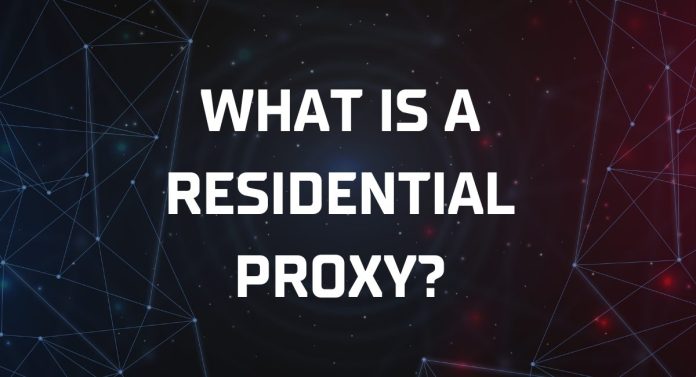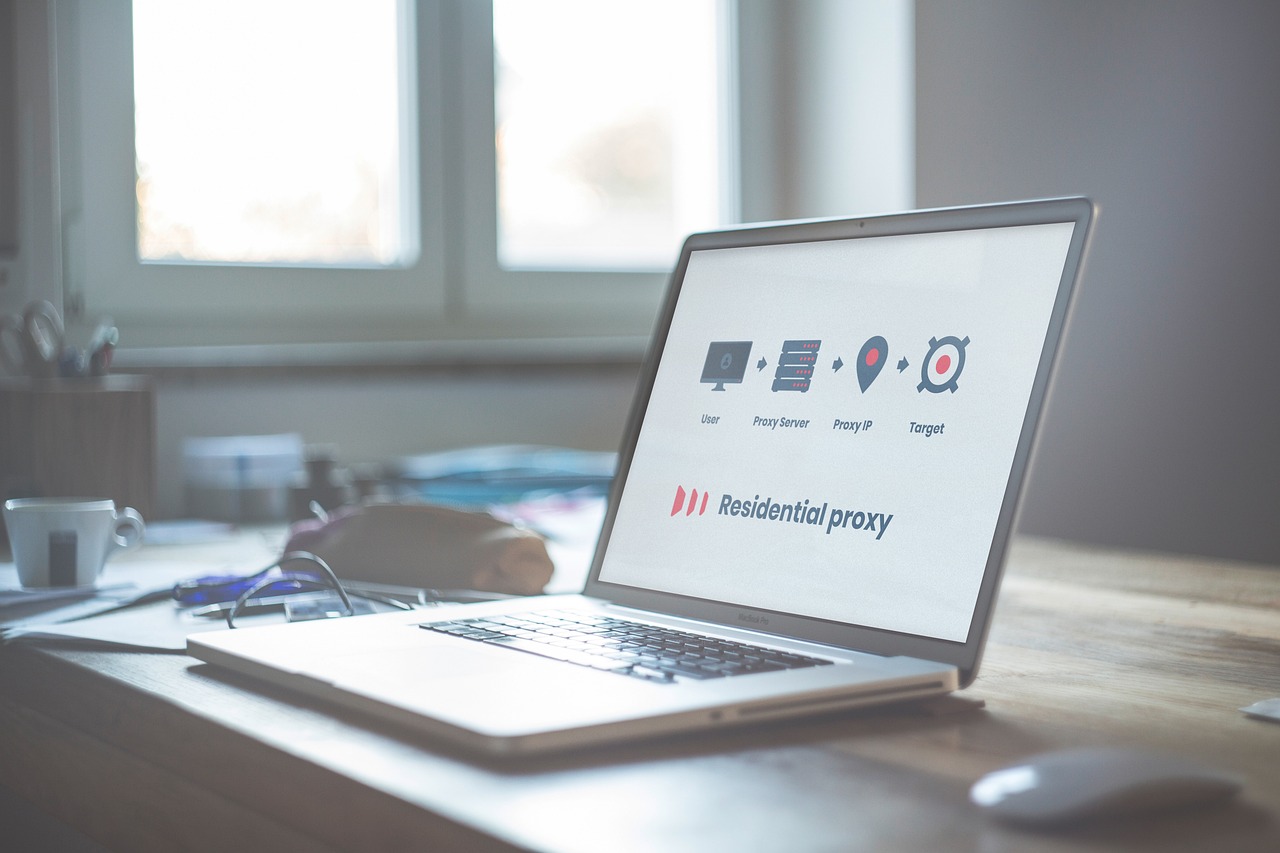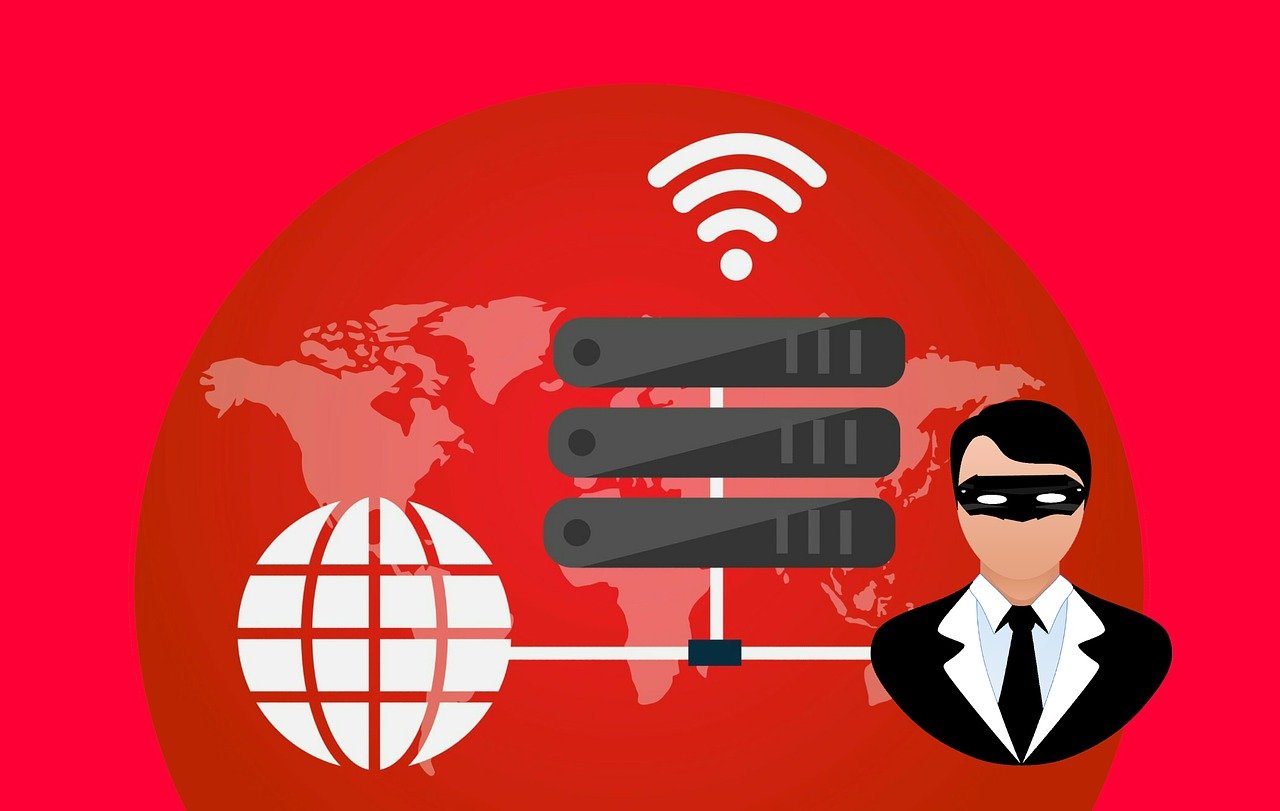What is a residential proxy? In this 2025 Guide, I will show you its types and uses.
The internet in 2025 is more monitored, more secure, and far more hostile toward automated traffic than ever before. Websites deploy advanced bot-detection systems, fingerprinting technologies, and aggressive IP blocking.
Whether you’re scraping data, performing market research, managing multiple accounts, or verifying ads, you need a reliable way to appear as a real human user online.
That’s where residential proxies come in.
In this updated 2025 guide, you’ll learn exactly what residential proxies are, how they work, the different types available, real-world use cases, and what to look for in a reputable provider.
Let’s dive in.
Table of Contents
What Is a Residential Proxy?
A residential proxy is an IP address assigned by an Internet Service Provider (ISP) to a physical device—such as a smartphone, laptop, smart TV, or router —at a real home.
When you browse through a residential proxy, websites see your traffic as coming from a real household user, not a data center or a bot.
In plain terms:
A residential proxy makes your internet activity look like it’s coming from a normal person’s home, not from a server.
This is why residential proxies are so powerful—they are extremely difficult to block.
How Residential Proxies Work (Technical Explanation)
Here’s the simplified flow:
- You send a request through a proxy provider.
- The provider routes your request through an IP belonging to a real home device.
- The website sees a legitimate residential IP (e.g., MTN, AT&T, BT Broadband).
- You receive the site’s response without revealing your own identity.
Some providers use:
- ISP-assigned static IPs
- P2P residential networks (devices from voluntary network participants)
- Hybrid networks with mobile and broadband IPs
The result is stealth, credibility, and high success rates, even on strict websites like Google, social platforms, and e-commerce marketplaces.
Why Residential Proxies Matter More in 2025
Websites now utilize:
- Device fingerprinting
- Behavioral analysis
- TLS fingerprint detection
- IP reputation scoring
- Geo-fencing
- Real-time bot challenge systems
Standard datacenter proxies are easily flagged.
Residential proxies remain effective because they blend in naturally with real user traffic and appear trustworthy.
If you’re scraping protected sources like:
- Amazon
- TikTok
- Flight/hotel sites
- ANY local business directory
…residential proxies dramatically increase success rates.
Types of Residential Proxies (2025 Edition)
Residential proxies come in several variations. Each one serves a different need.
1. Rotating Residential Proxies (Most Popular)
These automatically change your IP address after:
- every request
- every few minutes
- or on-demand
Best for:
- web scraping
- SEO monitoring
- large-scale crawling
- avoiding rate limits
- bypassing CAPTCHAs
2. Static Residential Proxies
You keep the same residential IP address for hours, days, or months.
Best for:
- account management
- long login sessions
- multi-account setups
- e-commerce operations
3. Mobile Residential Proxies
These utilize real 3G/4G/5G IP addresses from mobile carriers.
Best for:
- extremely strict websites
- social apps
- ad verification
- geo-sensitive content
Mobile IPs rotate naturally whenever a device reconnects, making them even harder to block.
4. ISP Proxies (Hybrid Residential)
These are datacenter machines with legitimately registered ISP IPs—fast like a server, but trusted like a home connection.
Best for:
- speed-sensitive operations
- high-volume scraping
- automation at scale
Residential vs Datacenter vs Mobile Proxies (Quick Comparison)
| Feature | Residential | Datacenter | Mobile |
|---|---|---|---|
| Stealth | ⭐⭐⭐⭐⭐ | ⭐⭐ | ⭐⭐⭐⭐⭐ |
| Speed | ⭐⭐⭐ | ⭐⭐⭐⭐ | ⭐⭐ |
| Cost | Medium | Low | High |
| Best Use | Scraping + anti-bot | Bulk tasks | Strict websites |
Residential proxies offer the best balance of stealth + reliability, which is why they remain the industry standard for scraping and research tasks.
Top Use Cases of Residential Proxies in 2025
Residential proxies have hundreds of applications, but these are the most relevant today:
1. Web Scraping & Data Extraction
Scrape sites that aggressively block bots:
- YouTube
- Google Play
- Amazon
- Zillow
- TikTok
Residential proxies bypass blocks and support large-scale automation.
2. Market Research
Collect:
- competitor pricing
- product listings
- ASO data
- local search results
- business reviews
All without triggering anti-bot security.
3. Social Media Management
Avoid bans while managing:
- multiple Facebook pages
- TikTok accounts
- Instagram profiles
- Twitter automation tasks
Residential IPs look like real users accessing accounts from real homes.
4. Ad Verification
Check:
- ad placement
- targeting accuracy
- fraud detection
- geo-specific campaigns
Ads often differ by region, and residential IPs reveal true consumer-facing results.
5. E-commerce & Travel Research
Access:
- airline prices
- hotel rates
- product availability
- market trends
This is vital for analytics platforms and comparison engines.
6. SEO Monitoring
Gather:
- SERP results
- keyword rankings
- autocomplete suggestions
- location-specific Google results
Without triggering IP blocks.
How to Choose a Reliable Residential Proxy Provider (2025 Checklist)
Before selecting a provider, evaluate the following:
1. IP Pool Size & Quality
More IPs = fewer blocks + better rotation.
2. Geographic Coverage
Essential for targeted scraping.
3. Rotation Rules
Should allow per-request or timed rotation.
4. Speed & Stability
Reliable networks = higher success rates.
5. API Flexibility
A good API makes integration easy.
6. Transparent Pricing
Avoid providers with unclear bandwidth limits.
7. Legal & Ethical Framework
Select vendors that comply with GDPR and network security standards.
Benefits of Using a Residential Proxy in 2025
✔ Avoid bans on strict websites
✔ Collect accurate, geo-specific data
✔ Maintain multiple accounts safely
✔ Bypass CAPTCHAs more easily
✔ Scrape at scale with higher success rates
✔ Access local versions of websites
✔ Improve automation reliability
Whether you’re building a scraping tool, running a SaaS, or conducting research, residential proxies are a foundational technology.
Residential Proxy: Frequently Asked Questions (FAQ)
What exactly is a residential proxy in 2025?
A residential proxy is an IP address assigned by an internet service provider (ISP) to a real household device (laptop, mobile phone, smart TV, router). In 2025, residential proxies remain the most trusted and undetectable proxy type because websites treat them as legitimate human users. They’re ideal for bypassing anti-bot systems, scraping protected web pages, and accessing geo-restricted content.
Are residential proxies legal to use?
Yes — residential proxies are legal as long as you use them ethically and comply with the laws of your jurisdiction. What makes them illegal is not the proxy itself but the misuse, such as fraud, hacking, evading bans for malicious intent, or scraping private user data. Using residential proxies for competitive research, SEO, ads verification, or price monitoring is 100% lawful.
How are residential proxies different from datacenter proxies?
Residential proxies utilize real home IP addresses, whereas datacenter proxies employ server-generated IP addresses.
Key differences:
- Residential = harder to detect, better for Google, Amazon, and high-security websites
- Datacenter = faster and cheaper, but blocked easily
- Residential = better for scraping, e-commerce research, ads verification
- Datacenter = better for bulk tasks that don’t require stealth
In 2025, residential proxies dominate high-block-rate websites.
Why do websites trust residential proxies more?
Websites trust residential proxies because they appear as real users from real locations. Anti-bot systems detect patterns — and datacenter IPs are flagged quickly. Residential IPs pass more checks such as:
- Real ISP assignment
- Organic browsing behavior
- Local DNS
- Natural IP rotation
This makes them nearly undetectable for scraping and automation tasks.
When should I use residential proxies instead of mobile or datacenter proxies?
Use residential proxies when you need:
- High success scraping Google, Amazon, Facebook, TikTok, or Instagram
- Perfect stealth with low block rates
- Geo-targeting genuine residential locations
- Advertising data validation
- Price and product monitoring
- SERP and competitor research
Use mobile proxies if the site is extremely strict.
Use data center proxies for speed and low cost.
How do rotating residential proxies work?
Rotating residential proxies automatically switch your IP address after every request or at a specified time interval. The rotation can be:
- Request-based (new IP for each HTTP request)
- Time-based (new IP every 10–60 seconds)
- Session-based (same IP for a session length you choose)
In 2025, automatic rotation significantly reduces bans and improves scraping success.
Which providers offer the best residential proxies in 2025?
Top residential proxy providers include:
- Decodo (balanced pricing + strong rotation + high success rate)
- Oxylabs (enterprise-grade)
- IPRoyal (affordable alternative)
- Webshare ISP (mid-tier performance)
- Bright Data (largest network, highest price)
Decodo remains one of the best options for users needing reliability and budget flexibility.
Conclusion: Residential Proxies Are Essential in Today’s Internet
With the internet becoming more secure and data access more restricted, residential proxies have become a non-negotiable tool for professionals who rely on accurate, large-scale, or geographically specific data.
They offer the perfect combination of:
- trust
- authenticity
- reliability
- anti-ban performance
In 2025, if you’re scraping the web, managing accounts, researching markets, or running automated workflows, residential proxies will dramatically improve your results.
INTERESTING POSTS
- Best Residential Proxies In 2025: A Comprehensive Guide
- Buy Proxy: The Ultimate Guide To Choosing The Best Proxy Service in 2025
- Top Proxy Service Providers in 2025: Unlocking Internet Freedom
- 4 Differences Between Residential Proxies and Datacenter Proxies
- The Best Proxy Services for Legitimate Business Purposes
- The Best ISP Proxies [Tested, Reviewed & Ranked]
About the Author:
Meet Angela Daniel, an esteemed cybersecurity expert and the Associate Editor at SecureBlitz. With a profound understanding of the digital security landscape, Angela is dedicated to sharing her wealth of knowledge with readers. Her insightful articles delve into the intricacies of cybersecurity, offering a beacon of understanding in the ever-evolving realm of online safety.
Angela's expertise is grounded in a passion for staying at the forefront of emerging threats and protective measures. Her commitment to empowering individuals and organizations with the tools and insights to safeguard their digital presence is unwavering.










